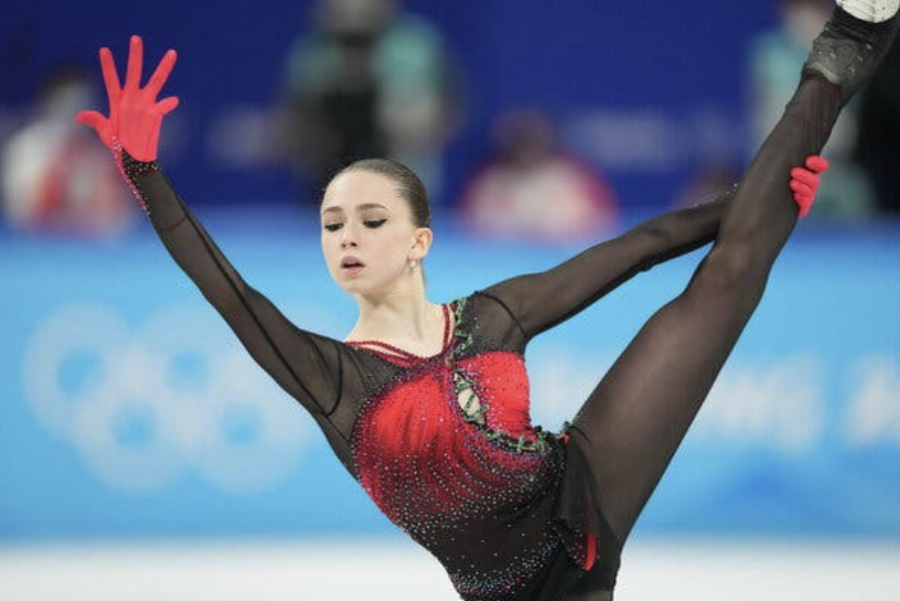The Beijing Winter Olympics Drug Scandal
Politics collided as the 2022 Winter Olympics began, with China under fire for its policies. The US, UK, and Canada declared a diplomatic boycott, along with India, Australia, Lithuania, Kosovo, Belgium, Denmark, and Estonia. These countries sent athletes to compete but not their officials in an effort to boycott and hold the Chinese government accountable for the Uighur detainment camps and conflicts with Taiwan.
The 2022 Olympics in Beijing also marks the third winter Olympics where an athlete had been caught using the performance-enhancing drug, trimetazidine. Unlike previous years’ athletes who were expelled from the games, fifteen-year-old figure skater Kamila Valieva was still permitted to compete.
This young Russian athlete tested positive for an alarming number of drugs. Trimetazidine often referred to as TMZ, is a banned heart treatment drug that increases blood flow to the heart and limits rapid swings in blood pressure. Valieva’s lawyer suggested that she may have accidentally ingested the drug from her grandfather and that she could have easily just drank from the same glass as him. While this scenario may have merit, the skater had simultaneously been taking two other substances, which generates serious doubt of her excuse. Furthermore, the likelihood she needed these drugs was minimal as many reviewing this case did not believe that this talented and healthy teenage girl could maintain numerous heart problems.
Valieva was allowed to continue competing in the Beijing Olympics despite her positive drug tests, but officials said they would withhold all medals until her trial was concluded. Valieva would not be receiving any awards, and neither would her competitors. This has upset the public, considering that the other athletes are left to suffer the consequences of Valieva’s scandal.
The arbitration panel neither determined whether Russia should keep the team gold medal nor did they consider the question of whether Valieva was guilty of taking these drugs to boost her abilities. However, they did issue a statement there were “serious issues of untimely notification of the results” —referring to the six-week delay between the submission of Valieva’s urine sample and the arrival of the positive test results several days into the competition – after she had already finished her first event.

Shireen is a junior in the IB program here at Harriton. She is very grateful that she has earned an editorial position for the Banner this year, and she...


